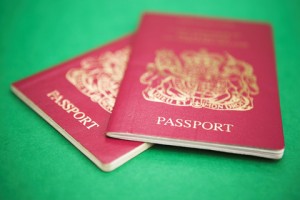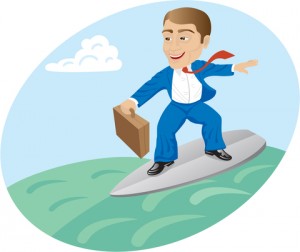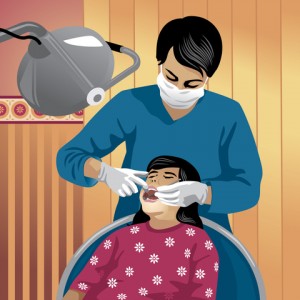
As you might expect, a driving phobia (also know as vehophobia) is quite literally the fear of driving. While we generally associate this with cars it can involve any type of vehicle from a bike to a lorry. Sometimes it is difficult to understand the fear of driving because the challenge of passing your driving test is seen by many as one of the most demanding challenges. So, if you spend so much time passing your driving test what prompts a driving phobia?
Two types of driving phobia/vehophobia
It is worth differentiating between the different types of driving phobia because they are very distinct. The first and most basic is the fear of actual driving a vehicle itself. Some people might put this down to a lack of confidence, busy roads or other factors but the actual act of sitting down and driving a vehicle can be daunting for many people. When you bear in mind the world will live in today, driving to work, the shops and to see family and friends, this must be a debilitating condition for anybody.
The second type of driving phobia revolves around the journey itself and you can either be the driver or a passenger. While many of us have a fear of heights and long bridges, for example, there is a big difference between a fear and a phobia. Many who suffer from this second type of driving phobia feel a lack of control and things such as a bridge, rivers, busy motorway and other situations can bring on an attack. This can then trigger other anxiety issues such as claustrophobia and very quickly the situation can, if left unchecked, run out of control.
The impact of a driving phobia
Those who drive often take it for granted but as we touched on above, many of us will need to drive to work, shops, see family/friends and keep appointments. Unfortunately for many people public transport is not a reliable option therefore when suffering from a driving phobia you can very often be dependent upon others. This in itself can cause friction and problems such as arranging alternative transport when they are not available. We saw one site describe this as “a sort of extended childhood” which is effectively what it is, being dependent upon others.
Unfortunately, for those where there are potentially no alternative modes of transport this can have a dramatic impact upon the lives. We have seen people quit their jobs, withdrawn from their social circles and essentially become a recluse in their own home. This all triggered by a driving phobia which can then trigger an array of other issues such as depression, anxiety, etc. However, there are ways to challenge these feelings, address these issues and fight back!
Treatment for vehophobia
There are many counsellors available today who will be able to help address any driving phobias you may have. The initial stage will involve in depth discussions about your driving issues to find the root cause. This may be something as simple as comments from your childhood, perhaps an uncomfortable driving experience or something as simple as a fear of losing control. There is no one size fits all for phobia treatment but once you get down to the root cause it can often be relatively simple to address.
Cognitive therapy, hypnosis and driving under the supervision of a trained counsellor are just some ways you can beat a phobia of driving. It does not need to rule your life, it does not need to change your life but far too many people seem unaware of the help available. We know that phobias often emerge because of actual experiences in our earlier lives or situations which we run over in our minds time and time again. Introducing confidence and discussing issues in great detail often shows that the worst-case scenario we run through our minds is extremely unlikely to happen. There are also many relaxation exercises to consider because once your mind and body going to “panic mode” you need to bring them back into line as soon as possible.





